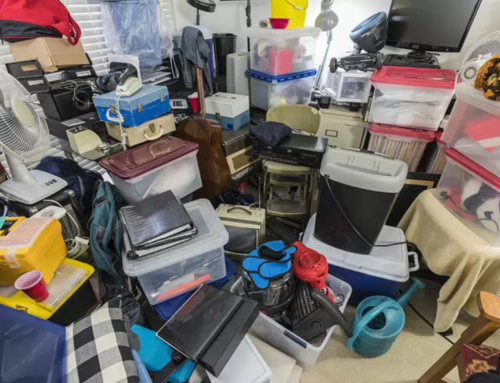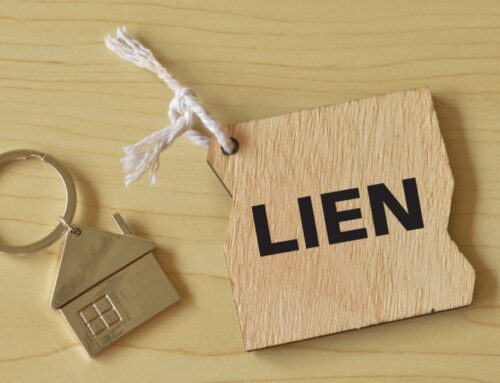Selling a Home with Code Violations: Legalities and Practical Steps
Selling a home with code violations can be a challenging endeavor, but it’s not impossible. In this blog post, we’ll explore the intricacies of this process, covering what code violations are, the legal aspects involved, and what homeowners can do when they wish to sell a property with code violations.
Understanding Code Violations
Code violations refer to breaches of local building codes, zoning regulations, or safety standards. These violations can encompass a wide range of issues, including structural problems, electrical or plumbing deficiencies, unpermitted additions, and more. Code violations can be identified through inspections, complaints from neighbors, or during the selling process when a buyer conducts a home inspection.
Legal Considerations
- Disclosure Laws: Home sellers are typically required by law to disclose known code violations to potential buyers. Failing to do so can lead to legal consequences. Transparency is key.
- Buyer’s Perspective: Understand that not all buyers are willing to take on a property with code violations. Some may be looking for a project, while others prefer move-in ready homes.
- Repairs or Price Adjustments: Depending on the nature and severity of the violations, homeowners may need to make repairs before selling or adjust the selling price to account for the cost of repairs that the buyer will undertake.
- Negotiation: Negotiation is often a significant part of selling a property with code violations. Buyers and sellers must agree on how to address the violations, who will cover the repair costs, and the final sale price.
Practical Steps for Sellers
- Assessment: Begin by identifying and understanding the nature and extent of the code violations. Consulting with a professional inspector or contractor can provide valuable insights.
- Repairs: Depending on the violations, consider making necessary repairs or improvements to bring the property into compliance with local codes.
- Disclose: Be open and honest about the violations during the selling process. This builds trust with potential buyers and avoids legal complications.
- Price Adjustment: If you’re not making repairs, adjust the selling price accordingly, making it clear that the property is being sold “as-is.”
- Consult Professionals: It’s advisable to work with a real estate agent experienced in handling such transactions and consult a real estate attorney to navigate the legal aspects.
Selling a home with code violations can be complex, but with the right approach and legal compliance, it’s entirely possible. Homeowners should take the time to understand the specific violations, the local laws, and work with professionals to ensure a smooth and transparent selling process. Keep in mind that you may be forced to sell to cash-buyers only since a lender may not approve a home that is currently in violation. Selling your home in code violation to Highest Cash Offer is by far the easiest way to sell such a home. Give us a call and explain the situation. We can take a look at the home and then make you a cash offer on the spot! Call now.







 Highest Cash Offer is a real estate solutions company. Our team of experts specialize in assisting homeowners with a wide variety of solutions to any real estate problem. Whether we buy your house for cash or not, our goal is to help you get the desired outcome you deserve.
Highest Cash Offer is a real estate solutions company. Our team of experts specialize in assisting homeowners with a wide variety of solutions to any real estate problem. Whether we buy your house for cash or not, our goal is to help you get the desired outcome you deserve.